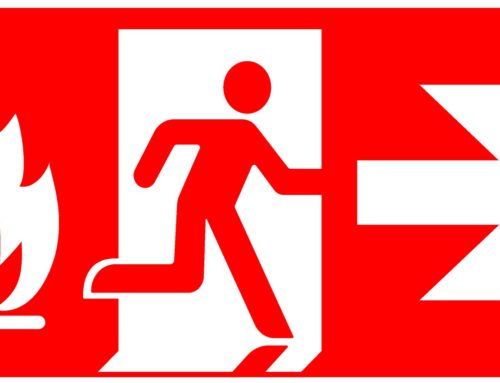
Most people who know the topic will tell you “the probability that you will find your next job via your network is 80%”. Having a solid network is of course also a powerful means to get do sales (the most powerful one I know; I did not “cold call” in years), share knowledge and keep a competitive edge.
How can you build and maintain a network that will help you in good and bad times? Here come 9 networking tips from a networker:
- You know more people than you think: Reflect upon who you know or should know: what about your university, that nice colleague in the job before last or the sister-in-law of your neighbor? What does your hairdresser or dentist hear today that might help you tomorrow? What are the people in the restaurant next to you talking about (“sorry to interrupt you. I just heard that ABC and wanted to say XYZ”). Be curious, ask questions and develop reflexes to always hunt for new and interesting people you can learn from or you can help you advance
- Quality matters; quantity does too: How to define quality? Is it only people you know personally? Only people you like? Only decision-makers? The more diverse your network is, the richer it can be. And the better it will resist to the next crisis by the way. Do not chase c-level only, don’t try to be friend with everyone on a party or invite/ accept invitations from all LIONs – LinkedIn Open Networkers – members neither. But be open and do not offend people. And don’t be arrogant. There is no one “not important”. Everybody knows somebody
- Let your network live: Keep in touch, call, meet, drop by for a coffee, offer your assistance with a skill you are an expert in. Add value, send regular updates on how you are doing and what you are working on. Ask open questions to encourage responses, give feedback. If you feel like, start a blog or blog in discussion forums. When you google “sales stats”, you will see that “80% of all sales are made between the 5th and 12th contact”. That “sales” is your next job. So you have chase 5-12 times!
- Give and take: Most people do not dare to ask for a favor. Yet how do you feel if someone asks you for a favor? I usually feel flattered. Be generous and give when you are asked to help. When I moved back from cross-boarder some years ago, I asked people for favors because I was back in a new/ old market and had to build my business. And guess what: 70% respond “of course I will help you, Jorg, and present you to XYZ”. Give something in return and give feedback on the connection established
- Do what you like: There are clubs or events for everything or everyone. If you take a yoga course, go to a festival of medieval rites or your national scrabble contest – you can meet interesting people everywhere (maybe people at the medieval festival have weirder things to say than the ones at the scrabble contest). Choose something that fits you so you are authentic, credible and true
- Meet and talk to people. Do it over and over again: When I ask executive search consultants why they like their job, the answer is always the same: “because I like to deal with people”. This is a good start. Just do it! I met CFOs who was hiring in a taxi we had to share or a Harvard MBA on the neighbor table in a restaurant who was looking for a job. I even organized a client meeting in a supermarket as the person in front of me talked to the cashier about her challenges in finding adequate staff (no, it was not a C-level job)
- Use the social media: LinkedIn but also Facebook and Twitter are tools that will not build a powerful network on their own but which are an efficient means to keep in touch and to reach your network in real time. Online has to become offline at one point of time. You cannot email or tweet a handshake – but a virtual contact can be a very powerful start
- Remember everything you always read and heard about communication: Listen, ask questions, smile, be polite, show empathy, remember what you hear (the names of your contact’s kids, hobbies etc), say the person’s name, do not interrupt. Treat people as you want be treated. Make them feel special if you want special attention
- Be organized: Keep a record and follow-up. Usually, LinkedIn is a good tool to keep in touch (no, they do not pay me though I think they should). Once more do not forget the follow-up because that is where most of us are no good enough at. If you receive a business lead (or a job lead if you are looking for a job), give feedback. If you are asked something, ask one week later how is it going
Conclusion:
Everybody knows somebody. If you like people, meet as many of them as possible and do it as often as you can. Ask the people in your network when you feel they can help you and most probably, the reaction will be positive. And as a last point: yes, indeed, you should have 1 to 3 headhunters you trust and you like in your network because their network is probably much bigger than yours will ever be!






